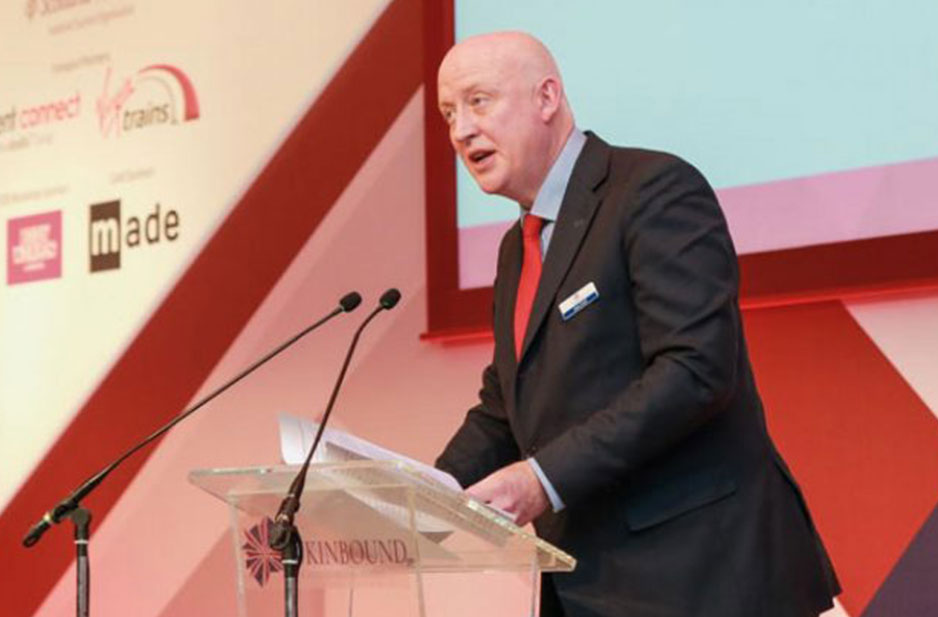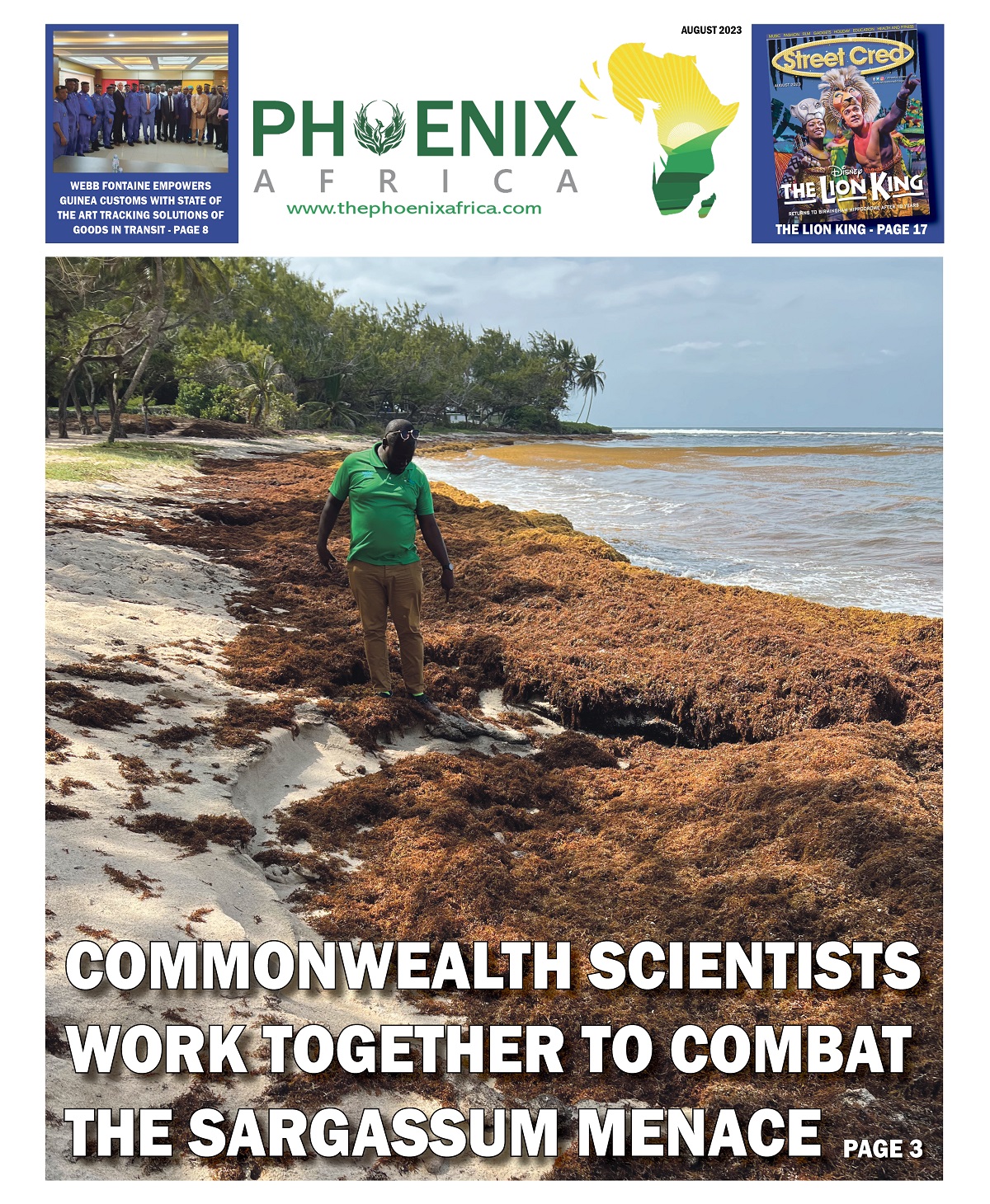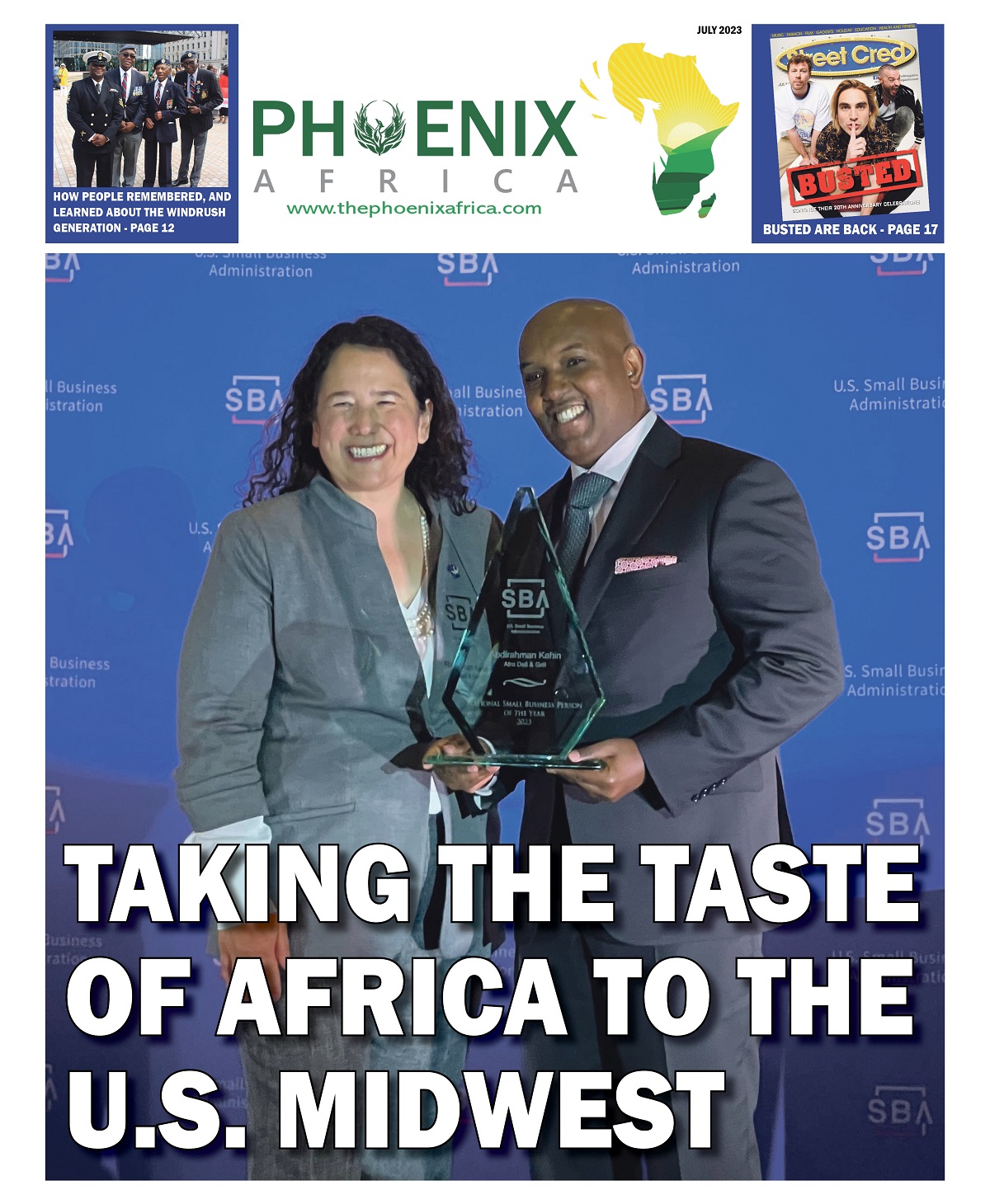Research released by leading tourism trade association UKinbound and Canterbury Christ Church University shows that the Government’s proposed post-Brexit immigration reforms have the potential to severely destabilise the tourism industry in the UK, putting at risk an industry that contributes £145 billion (7.2% of UK GDP) to the UK economy and £5.9 billion to the West Midlands.
The research includes a survey of West Midlands tourism and hospitality businesses, undertaken by Canterbury Christ Church University with Qa Research, which highlights the critical impact that the Government’s proposed immigration reforms could have on the sector post-Brexit. The survey shows that:
- 52% said that the proposals would impact negatively on their ability to continue to operate
- 70% believe that the proposals would impact negatively on their ability to expand
- 74% believe that the proposals would impact negatively on their ability to remain competitive
- 50% of tourism businesses cited the limited domestic labour market as the key reason for the continued need for EU workers
This new evidence-based research will help the tourism and hospitality sector to respond to consultations about future immigration policy when the UK leaves the European Union and free movement ends. It draws from a wide review of evidence, analysis of national workforce data sets and primary research with UK businesses through an online survey and in-depth interviews. As the tourism and hospitality sector is widely known to have a higher than average reliance on EU workers, the research provides a critical lens through which to view the potential impact of a national skills-based immigration system on the sector.
The survey of UK tourism and hospitality businesses in the report also highlights how the reporting of the reliance of the sector on EU workers (approx. 10%) is extremely conservative and such national averages mask the realities of many tourism organisations. Over two-thirds of West Midlands businesses reported that EU workers account for up to a quarter of their workforce. Set against the results of the survey, the study shows that:
- Shortages of ‘low-skilled’ labour are as damaging to the industry as ‘high-skilled’
- The picture of skills needs is complex and the distinction between ‘high-level’ and ‘low-level’ skills at the centre of the Immigration White Paper appears to have little relevance to the reality of skills gaps and skills shortages across tourism and hospitality
- The proposed salary threshold of £30k is significantly above the sector’s average salary of £23k for full time workers
Joss Croft, Chief Executive of UKinbound commented: “This timely research shows that the Government must listen to the tourism industry before committing to an immigration system that runs the risk of forcing businesses to close throughout the UK.
“Our tourism industry is vital to the UK economy and EU workers are crucial to ensuring that this success story continues. We have a skills shortage in the UK, caused not least by low levels of language skills and a lack of interest amongst UK nationals in the sector.
“The Government must, as a first step, ensure that language skills are recognised as a key skills shortage and ensure that any future immigration system is rooted in what actually works and not in populist soundbites.”
Following on from the publication of the research, UKinbound and other industry associations are calling for:
- Language skills to be added to the occupation shortage list and be exempt from immigration restrictions
- If any salary threshold is proposed that it be regionally set to take into account lower salaries in key tourism hotspots
- Quarterly independent reviews to ensure tourism sectors are not adversely affected
Dr Karen Thomas, Director of the Tourism and Events Hub, Canterbury Christ Church University commented: “The uncertainties surrounding the Brexit negotiations and the consultation over the Immigration White Paper with the emphasis prioritising ‘highly skilled’ and ‘skilled’ labour migration, have intensified the concerns over the likely shape of the UK’s immigration system after the end of Free Movement.
“EU workers constitute a vital labour pool for tourism and hospitality businesses. Our research demonstrates that national reporting of the reliance of the sector on EU nationals masks the realities of many tourism and hospitality businesses in terms of the scale of reliance, and the significant variations in sub-sectoral, occupational and regional experiences. We have identified a wide range of factors which together with a higher than average reliance on EU workers places the industry in an extremely vulnerable position when faced with the end of Free Movement post-Brexit.”







